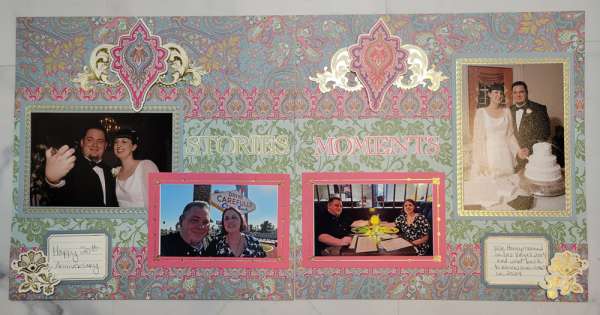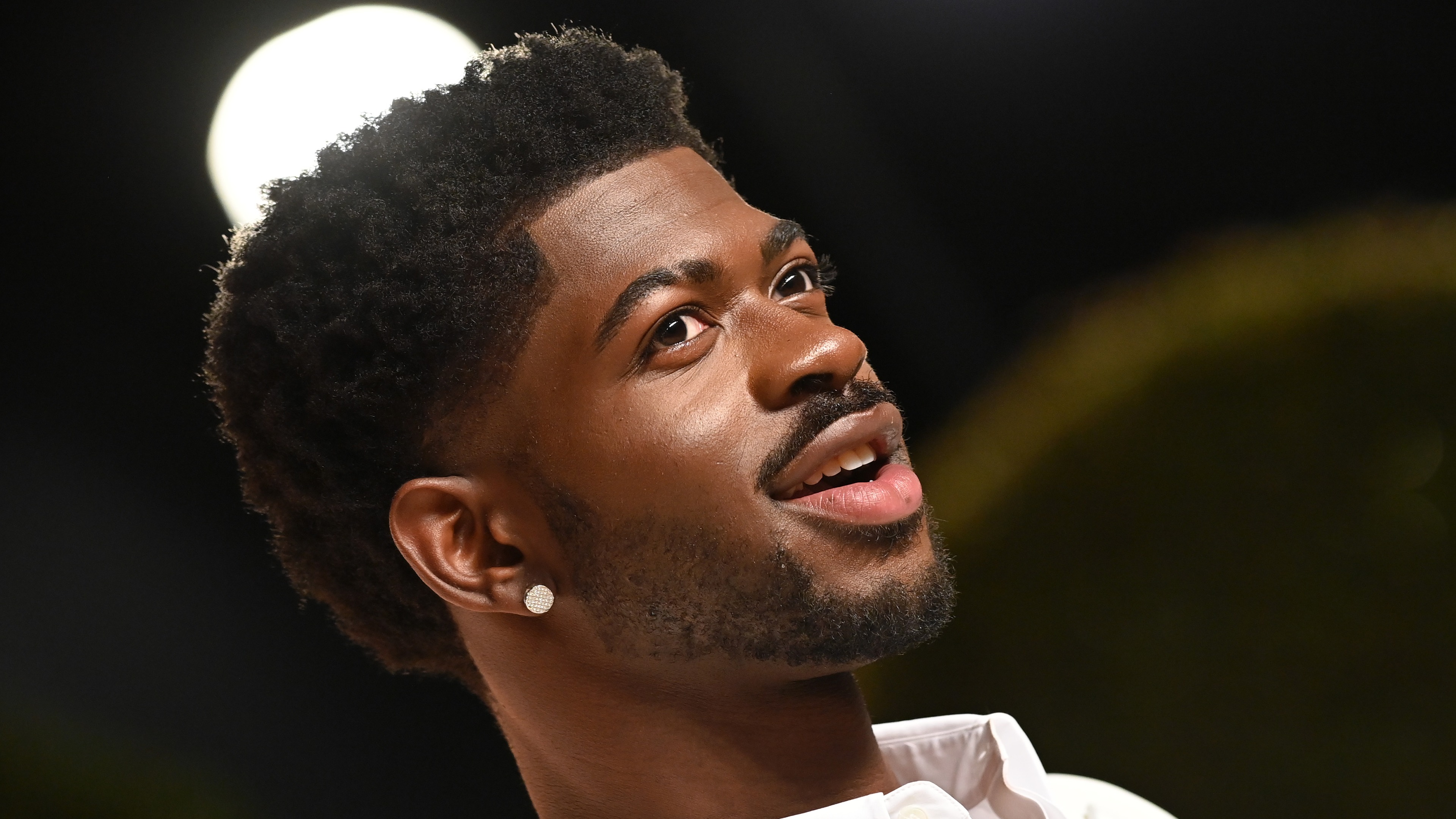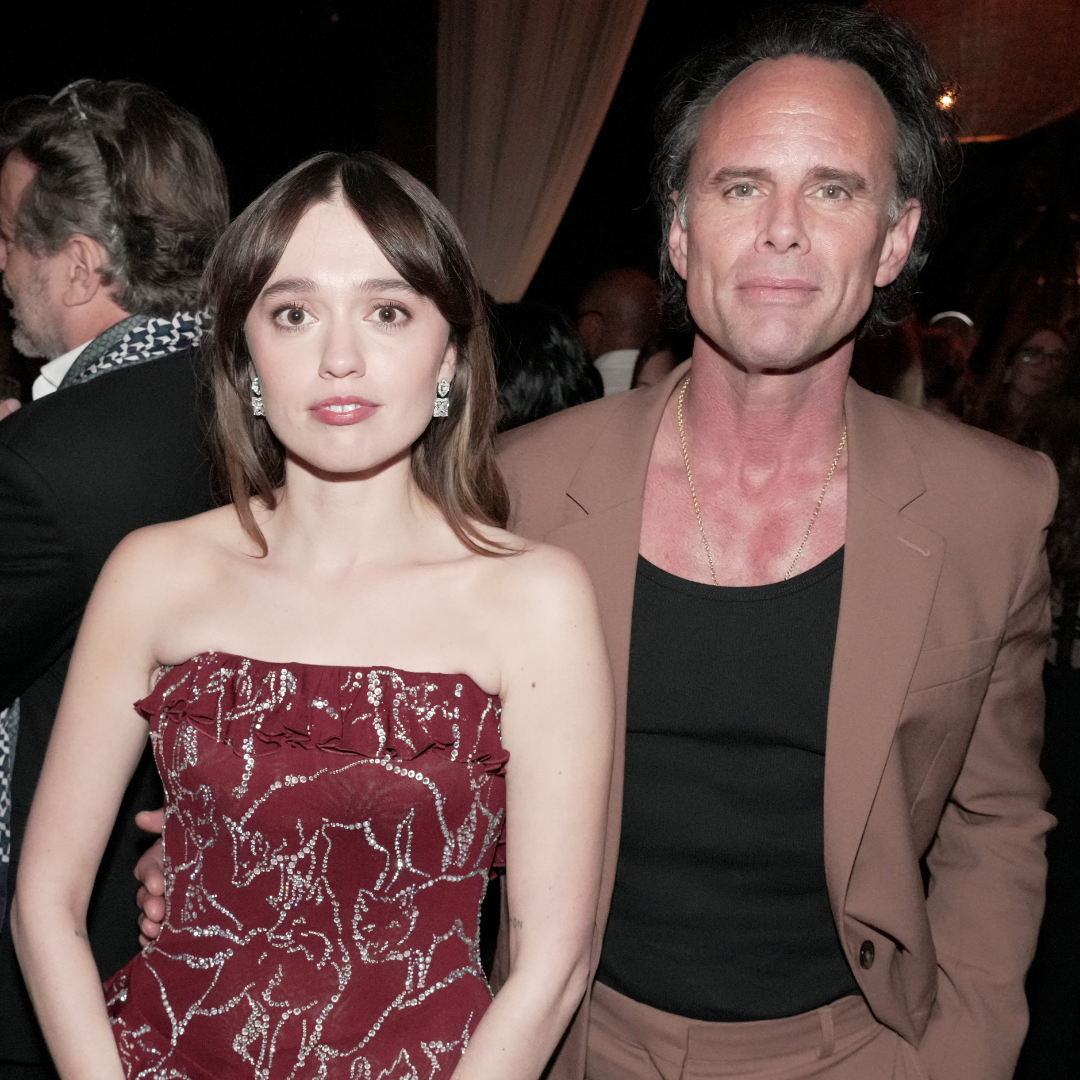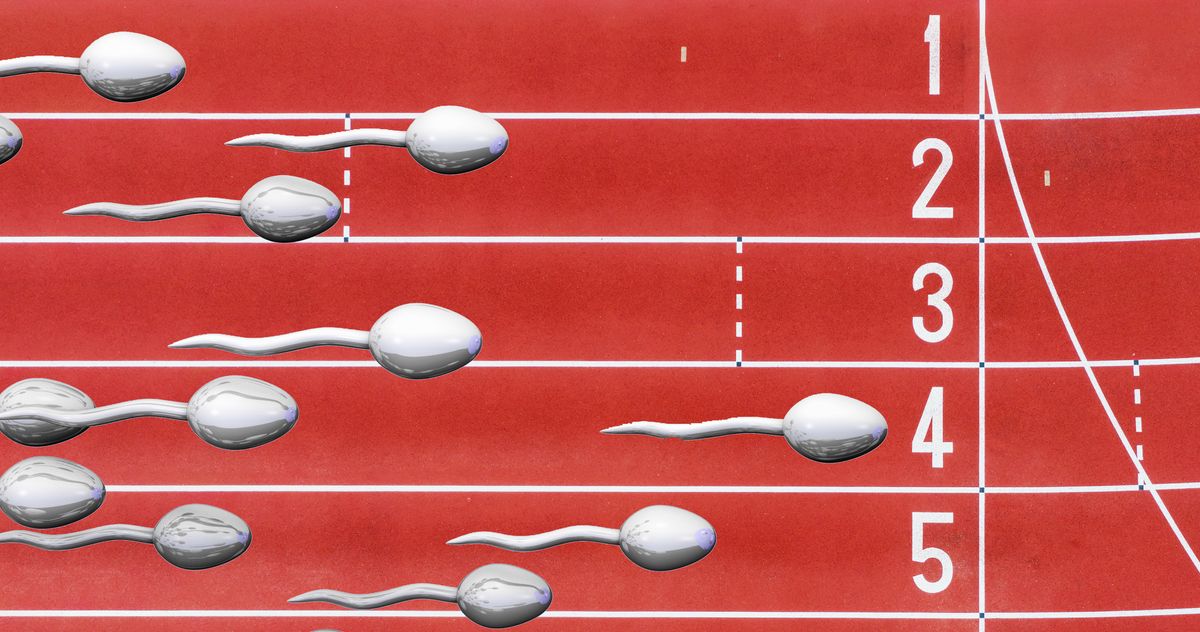Warfare’s directors say their movie doesn’t have a ‘big, deeper meaning,’ — just crucial, personal goals
Watching Warfare, Alex Garland and Ray Mendoza’s intense portrait of the 2006 battle of Ramadi in Iraq from the perspective of a SEAL unit that comes under fire, it’s easy to get lulled into thinking it’s just another war movie. Except that there’s no music juicing up the drama, and no pat narrative arcs: no […]


Watching Warfare, Alex Garland and Ray Mendoza’s intense portrait of the 2006 battle of Ramadi in Iraq from the perspective of a SEAL unit that comes under fire, it’s easy to get lulled into thinking it’s just another war movie. Except that there’s no music juicing up the drama, and no pat narrative arcs: no hero, villain, protagonist, or moral. Apart from an early on-screen note that the unit is providing mission support for another team, there’s no context for the characters’ roles, backstories, or individual goals. Garland and Mendoza follow these almost-anonymous soldiers through the ins and outs of dreary routine on a stakeout, as if embedded with a real-life military unit.
And then all hell breaks loose. The sound design shifts, the agonized screaming starts, and it becomes clear just how little Garland and Mendoza are interested in familiar narratives around war.
Everything startling about Warfare’s minimal framing and intense presentation came from the creators’ attempt to subjectively document Mendoza’s own experience under fire at Ramadi. Mendoza is a Navy SEAL veteran and combat instructor who became a producer, combat consultant, gunfight choreographer, and stuntman. He met Garland while working on the Washington, D.C., battle sequences in Garland’s divisive 2024 movie Civil War, and they began discussing Mendoza’s Ramadi experiences, and why he wanted to accurately reflect his memories and his fellow soldiers’ memories in a movie. The two men took on Warfare as a collaboration.

Mendoza is a first-time director; Garland is the Oscar-nominated director of Annihilation, Ex Machina, Men, and Devs, a writer-director with complex philosophies and a bent toward science fiction and horror. Both of them put their stamp on Warfare, a distinctive project that isn’t a documentary, but doesn’t exactly feel like a narrative movie, either. It’s designed as an externalized collective memory that Ray (played in Warfare by Reservation Dogs star D’Pharaoh Woon-A-Tai) designed in part to help wounded fellow soldier Elliott Miller (Shōgun star Cosmo Jarvis in the movie) process the experience.
For the rest of us, it’s an invitation into these men’s real history — and into how combat feels in real life, versus how it normally feels in movies. Polygon spoke to Garland and Mendoza about their intentions, where Garland’s horror history belongs in this project, the aftermath of one particular on-screen moment, and how they’re fighting back against “the fantasy of war.”
This interview has been edited for concision and clarity.

Polygon: I’ve read so much about how this movie was made, both in terms of its backstory with Civil War and in terms of practical filmmaking choices — but comparatively little about why it was made. What was the philosophy behind making a war movie to recreate a veteran’s memory?
Alex Garland: I wish I’d been asked that question more, actually.
Ray Mendoza: When Elliott first woke up after the blast, he immediately had a lot of questions. Over the years, he always kept asking. We got to the point where I would just cut and paste the same email I sent him the year before. So I think it was frustrating for him, but it was also frustrating for us. When I got into the movie industry, I felt [I could] explain visually where in the past, in the literary form, he had difficulty [taking it in]. That was kind of a driver for me in the industry, to learn more and one day hopefully do it myself.
Garland: For me as a civilian, I suppose it was different — I didn’t have that connection. I felt it was something to do with cinema’s history with war and warfare and war movies, and a thought that was in my mind: Lots of people, when they join [the military] are 17 or 18, thereabouts. They’re very, very young. And I suspect they made that decision when they were maybe 14 or 15. The question is, on what basis do they make that decision, and how straight are people being about what is involved in combat, and involved in serving? [I thought] there would be an intrinsic value in an attempt to be as honest as you could be [about military service] within the context of cinema. That alone had a function. And I think then other things flow from that.
I also have a generalized faith that sometimes just trying to be as straightforward as possible allows for thought processes and debate. That often gets read as apolitical, and I think that’s wrong. One would have to have a discussion about what constitutes politics. To me, if I filmed someone going to the doctor, that would innately be political, because there would be questions about what kind of doctor is it? What are they being treated for? How did they acquire the illness that they have? And the list would just go on and on and on. I think people confuse neutrality of statement with a lack of politics, and that’s probably a semantic disagreement about what constitutes politics.

What’s behind the impetus to share this very personal document with the world, if it was made primarily for a particular person?
Mendoza: There’s no really big, deeper meaning. I mean, we go to the movies to live, we go to the movies to be inspired, to fall in love. And that’s what it was, an experience in my life that I’m sharing with people. It was never meant to be this elaborate, philosophical, eye-opening experience for civilians.
Can that happen? Sure, if you want to put the effort in and open your mind and want to know more about what combat really is, then watch the movie. But there’s no big grand design. Why I made the movie? I wish I had a deep philosophical answer. But it’s my experience. It happened. People tend to forget, and this is me just reminding ’em of what the country asks us to do.
Alex, obviously your experience making Civil War significantly played into Warfare, but how do you see your experience at making horror movies as contributing? One of my colleagues sees it as a horror movie. It didn’t necessarily play like that for me, but I can see where going in with a horror background would be significant.
Garland: Yeah, it doesn’t read like that to me either. I mean, I wouldn’t be judgmental about that reading; it’s just not how I would see it. I think that in a way, [I’m bringing in] probably some unconscious stuff that has to do with acquired knowledge from either making films or watching films. I’d absolutely concede that.
But most of this film, the conscious work was actually to do with separating oneself from all kinds of bits of movie grammar, because they have complicated ways of creating filters, by amplifying or reducing or compressing, or just whatever it happens to be. And the most obvious of them would just be music, the function of a score. But also, I would say, the function of time compression, which is something we routinely do in an edit.
We are typically trying to say something as quickly as possible — even if it’s a distended beat, you are trying to make the distended beat as short as possible. And in this film, it was actually just an exercise in listening to Ray and the other people we interviewed — which ended up being a lot of other people — and trying to say, not “What’s the cinematic way of repeating that?” but more basically, just, “How do you repeat that?”
And trying not to get too caught up in well-tried and tested and elegant devices that have been constructed maybe in horror movies, maybe in war movies, maybe in adult dramas, any of those sorts of things. Not be too bound to them, because they force you to editorialize in a way that we were consciously trying to avoid.

One aspect of not editorializing is that we don’t get a lot of context for what’s going on — we end up with questions about what happened before this combat, and what happened after. Ray, the thing I was most curious about coming out of this movie is the moment where a soldier is instructed to misrepresent himself as a ranking commander and approve an evac order for the soldiers, because they haven’t been able to get that approval from their command chain. Was there any fallout for that? Did anything come of it?
Mendoza: No, there wasn’t. I mean, I wasn’t there, I could only hypothesize why he did it, but no, there was no fallout. I think the combat leader just understood — it wasn’t that he said no, he just wasn’t available, the guy who needed to make the decision. Combat leaders understand the decisions that need to be made. If you care about somebody, there’s nothing you wouldn’t do to save a loved one.
Similarly, we don’t have a strong sense of why the soldiers are where they are, what they’re trying to achieve, apart from being told at the top that they’re in the area for support. Can you shed any light on what the mission was?
Mendoza: It was an overwatch mission for a clearance of the Marines. It’s that simple. We do very simple things out there sometimes, and that mission was to overwatch some Marines and ensure their safety as they cleared a sector. There’s only like two missions we did in Iraq: Go after a hit list, and what we called just civil affair missions. We weren’t, like, doing anything super secret.

I’ve read a lot about the process of getting the audio exactly right in this movie in terms of the nuances of your own experiences, things like the difference between how an injured man screams immediately after waking up hurt versus what they sound like screaming in pain an hour later, or the audio difference between incoming and outcoming bullets. How do you go about transferring that kind of visceral sense memory to a sound technician or designer?
Mendoza: I’ve been in movies — not as long as Alex, but I’ve been in the industry for 15 years. So I’ve spent a lot of time on sound design, on what to do, what not to do, what works, what doesn’t work. Over 15 years, I just filtered it down to the stuff that worked, and then fine-tuned it to my experience. You can tell a story with sound. What people who have never been in combat try to replicate — they usually replicate a movie they saw. Whereas I was replicating a real event, and just combat in general. There’s distinct characteristics in a firefight that stick out, which obviously if you’ve never been to a gunfight, you’ll never know what that is.
Garland: I’ll just add to that, this sort of speaks to the overall process quite precisely, and it relates to the thing about trying to unlearn other things from one’s working life, or other people’s working life. A sound design team will have developed, over the years, techniques to add a bit of sub or whatever it is to a gunshot, or the crack of a rifle, or the thump of a machine gun, any of those kinds of things. And the real difference [on Warfare] was that you had someone there in the mix with the sound design saying, “No, it’s not that, it has to be more like this. It’s more like this kind of sound.” And just being very, very, very precise, very forensic, and not just falling back into familiar patterns.
That’s not to take anything away from the sound designers. They were like everybody on the crew, including me — very tuned in to try to get this right. But the answer was not doing what we reflexively do, but really trying to understand what it should be from a firsthand account.
Some of the bits of sound design that probably look the most like artistic license — say, for example, after the IED has gone off — are really just explicit re-creations of the subjective state described by the people being interviewed. One of the reasons the film says “Based on memory” is because it’s really a record of subjective states, rather than a kind of “This is a true story.”
So a good example would be, D’Pharaoh is dragging Cosmo — that is to say, Ray is dragging Elliott. [Ray] is wearing headphones. The true state would be that there was sound playing through those headphones constantly, from the time he came around from unconsciousness to finding Elliott’s body on the street. There was sound playing through his headphones. But in Ray’s recollection, he said, “I was not aware of that. I didn’t become aware of it until I became aware I was being shot at. And at that point, I realized I had to get off the street, and then everything sort of folded in on me.”
So the film just attempts to [portray] what we were told. There isn’t a license in that. It’s actually the opposite of a license. It just so happens that when you do it as accurately as possible, you get an interesting subjective-state sound design.
But the most important thing is the rather strange but genuine expertise that Ray brings. Just not to put too fine a point on it, war movies are usually made by civilians. So that is through the filter, in some respects, of their fantasy of war, which may have been created by other war films, to an extent. And in Ray’s case, that fantasy element doesn’t exist. I know obviously Oliver Stone and other people who were veterans have made war films, but I would say Platoon is more sort of air-quote “cinematic” than this film. And we just tried to put as little filter between Ray and the finished film as possible.
Warfare is in theaters now.































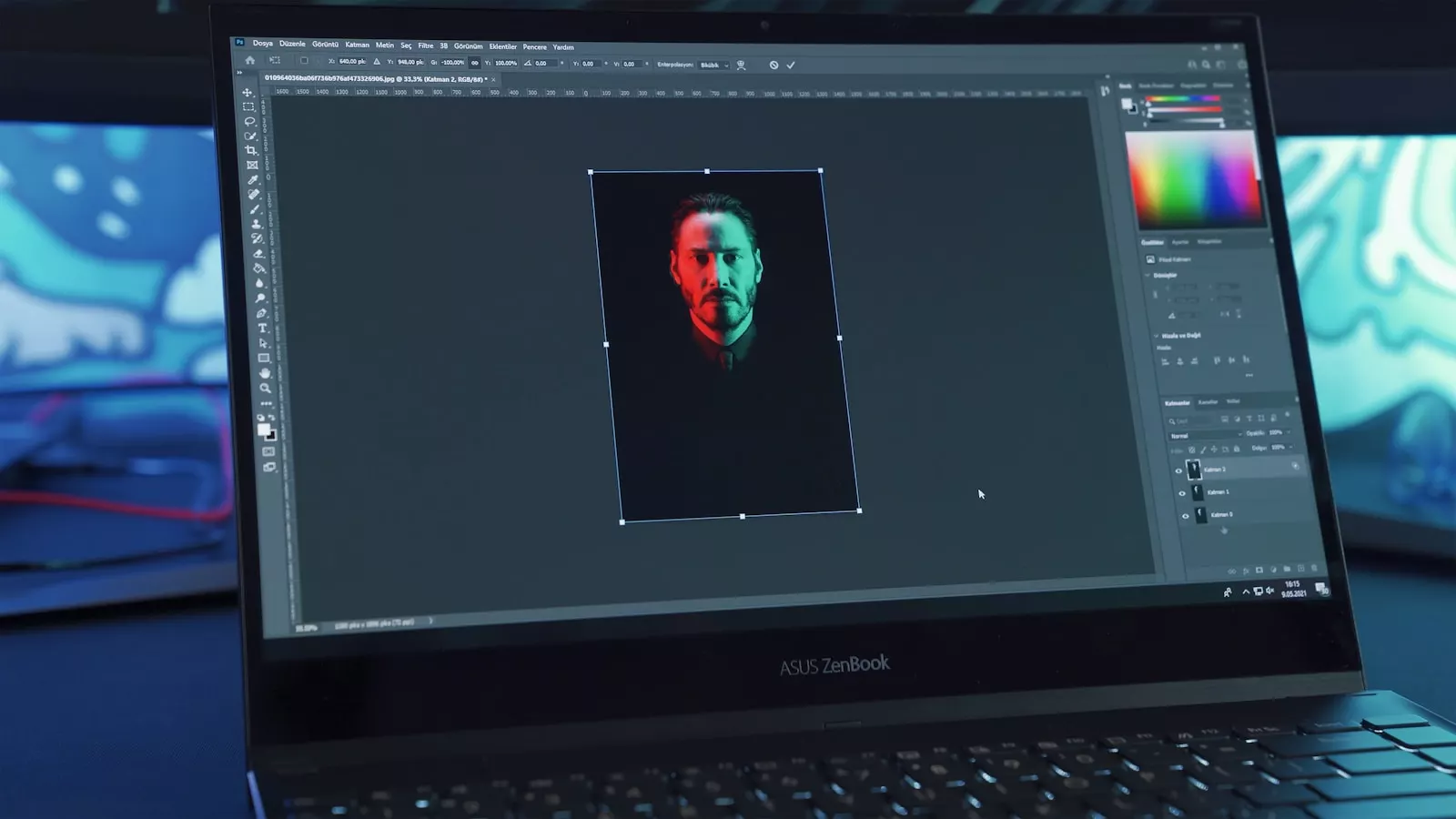




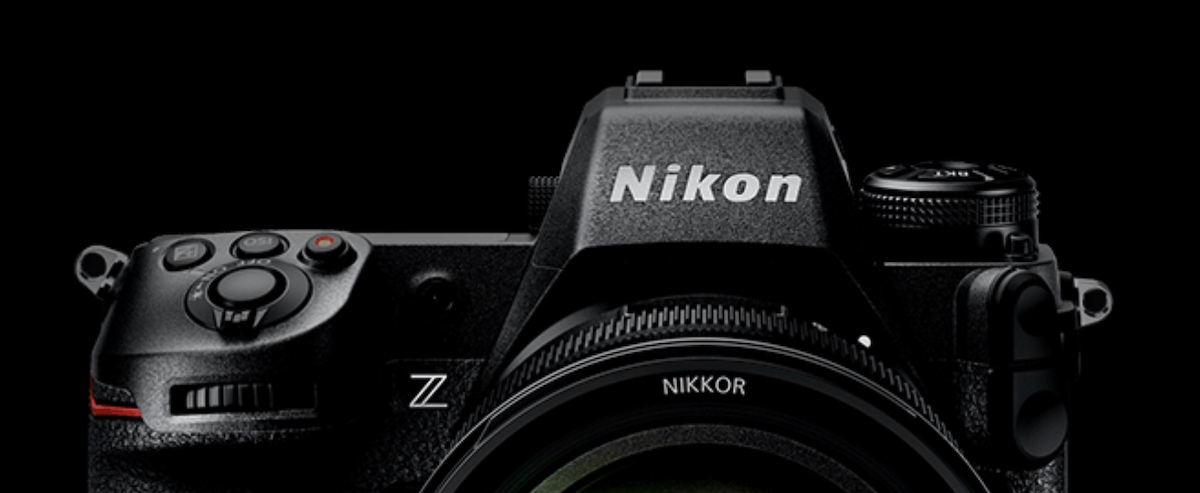

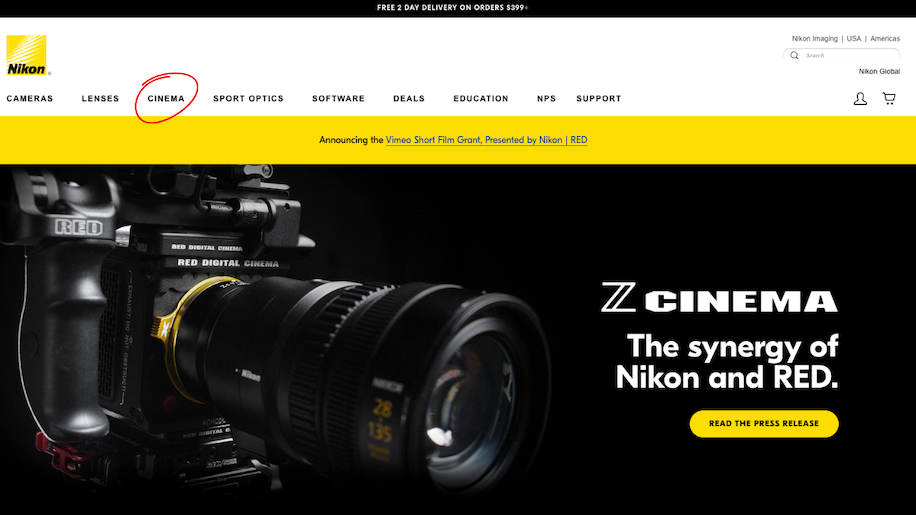














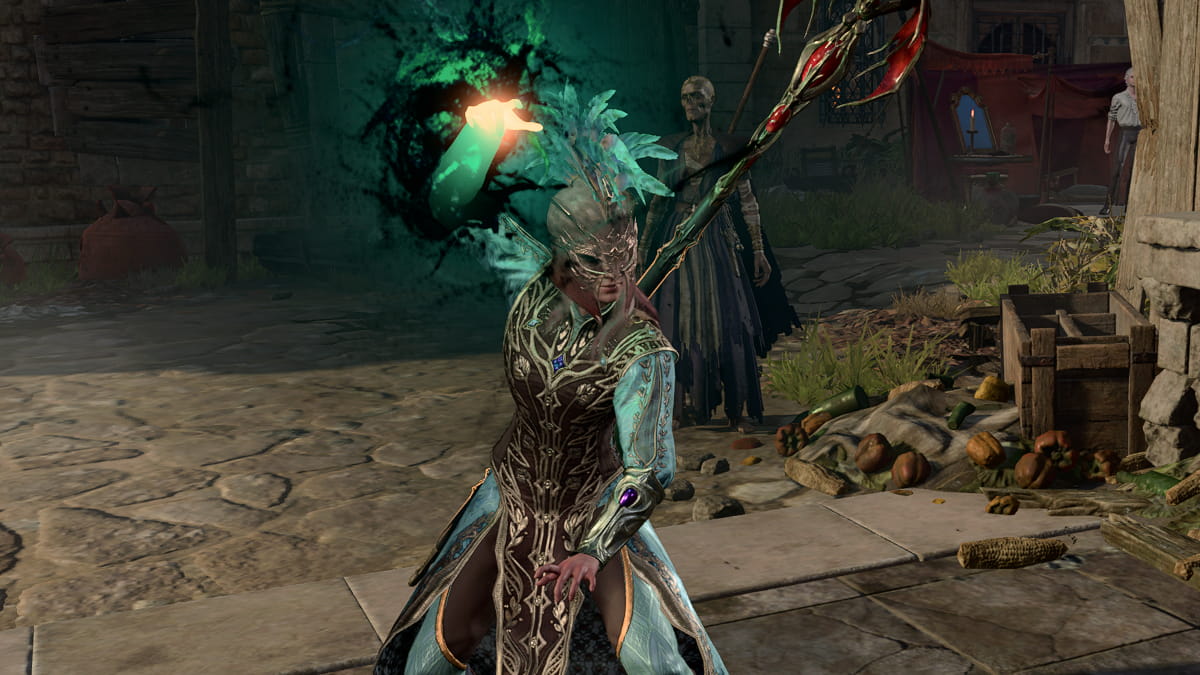
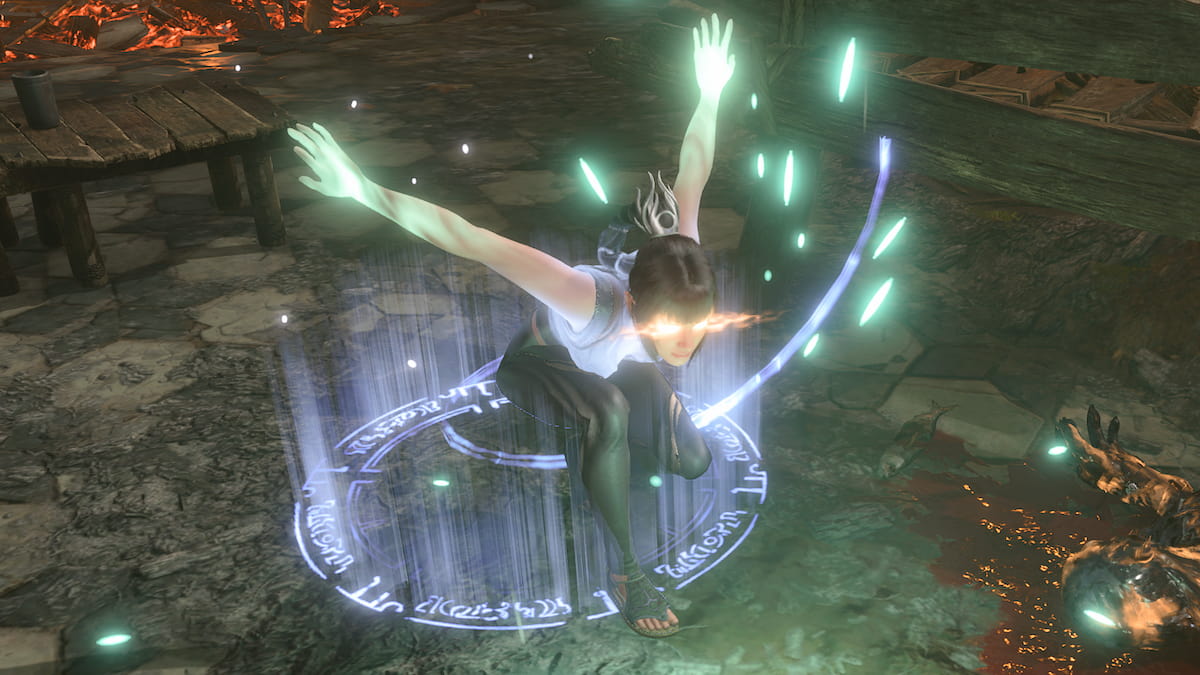


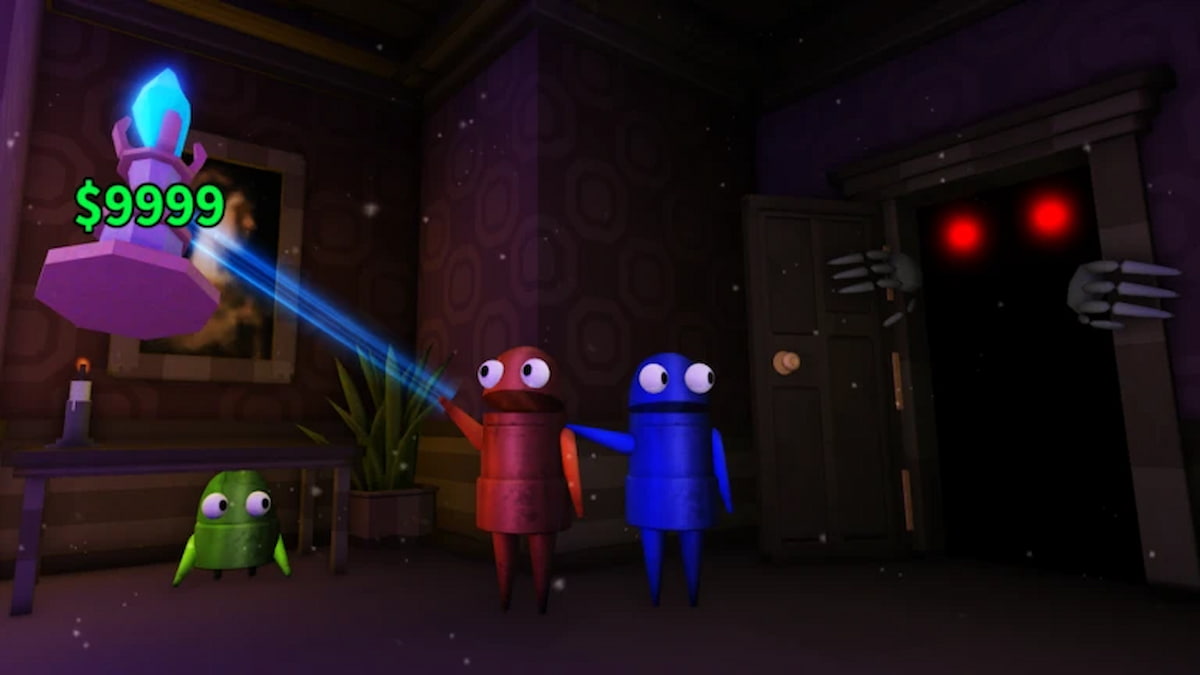
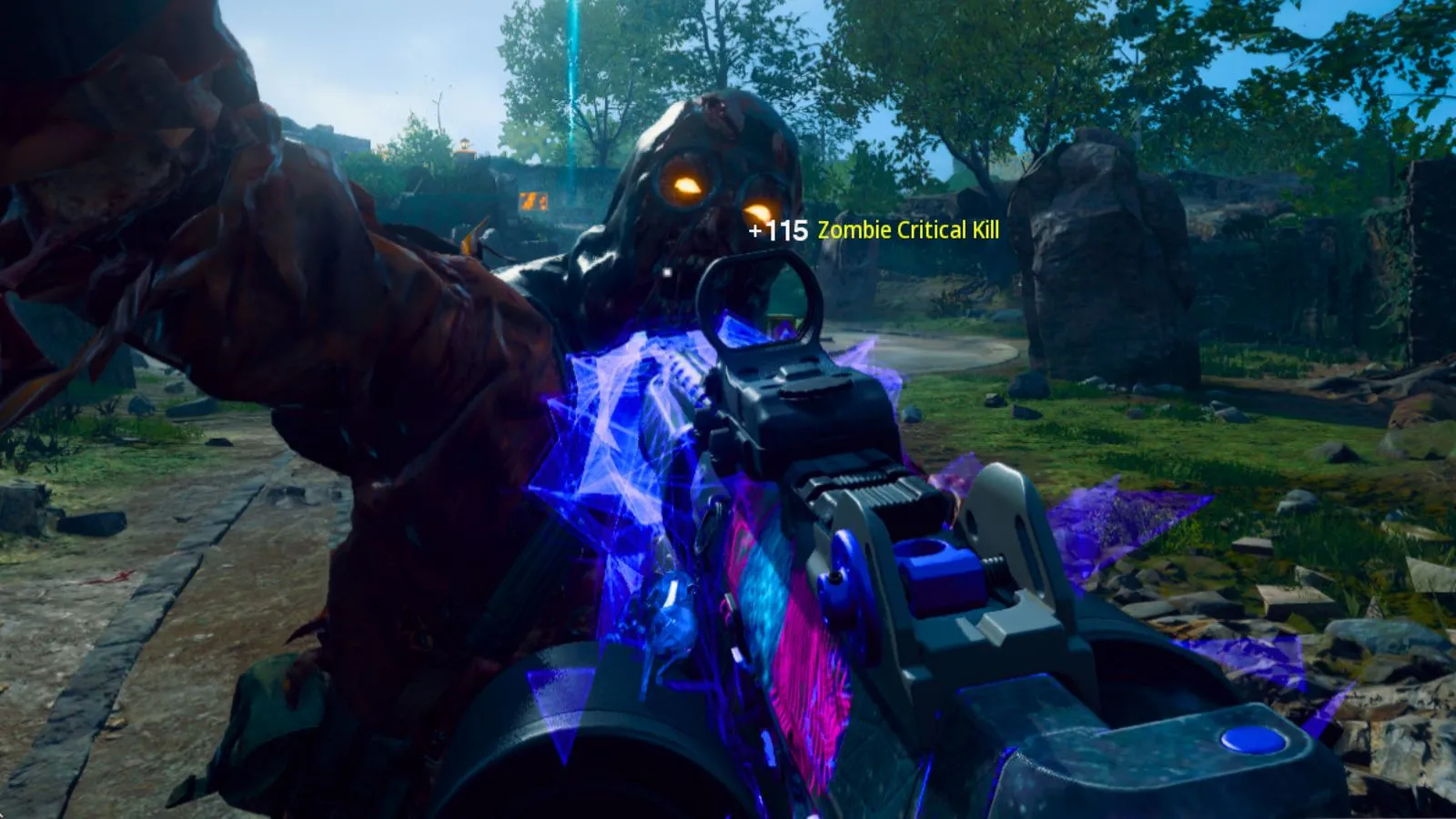

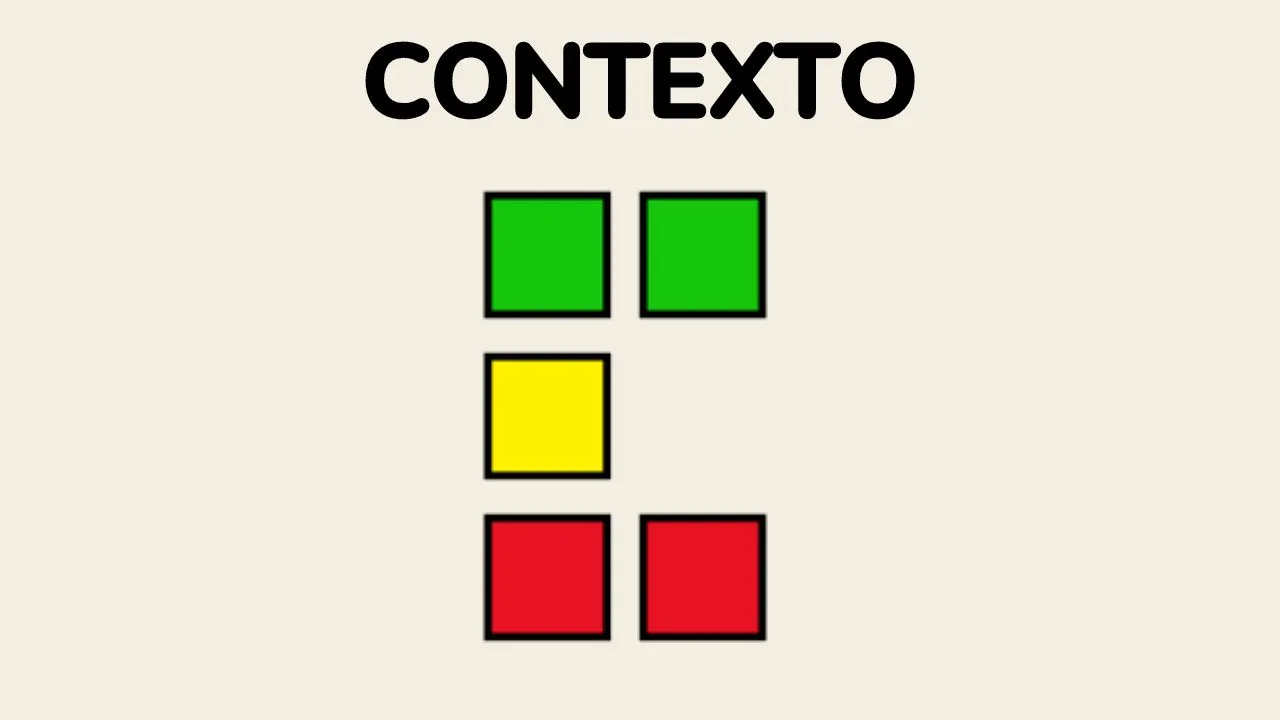

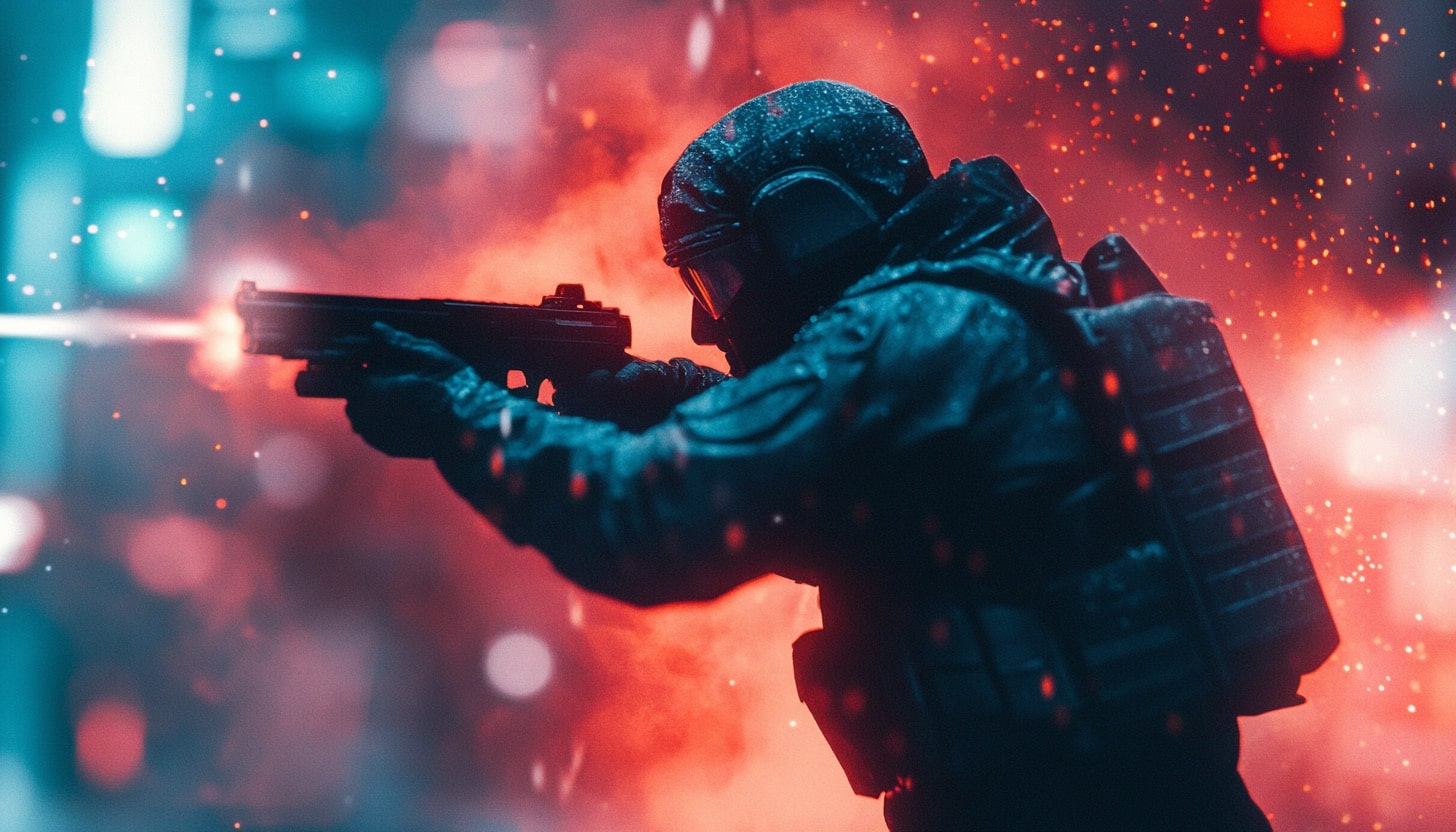
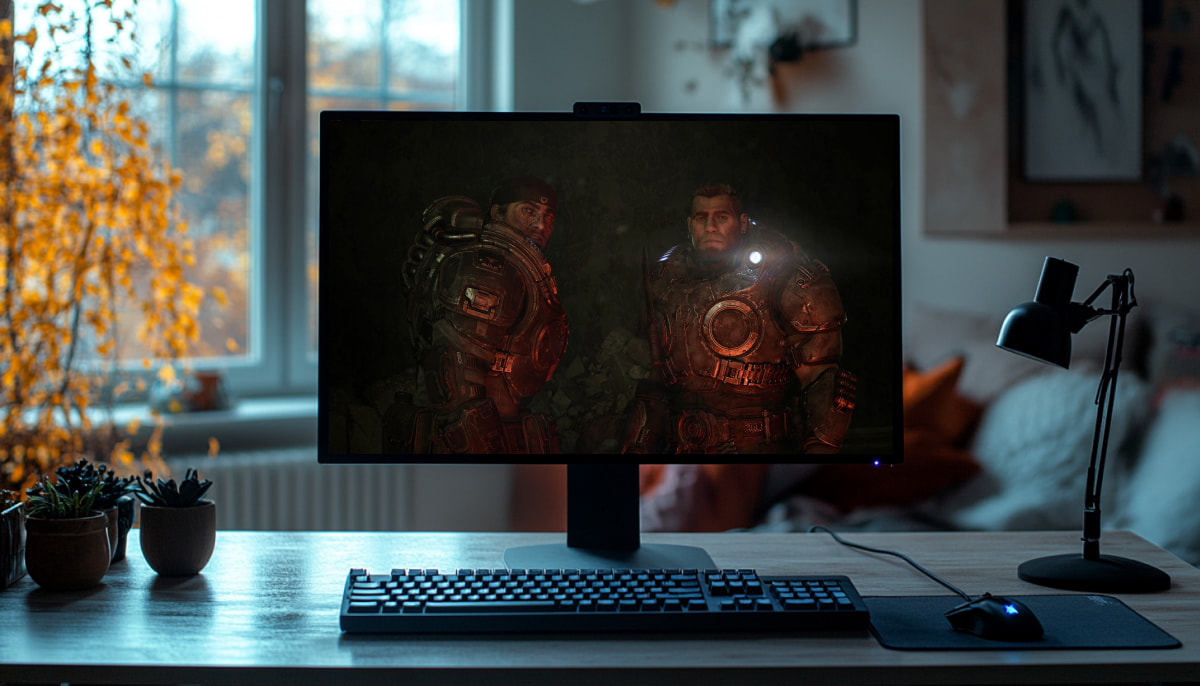


-Baldur’s-Gate-3-The-Final-Patch---An-Animated-Short-00-03-43.png?width=1920&height=1920&fit=bounds&quality=70&format=jpg&auto=webp#)

























